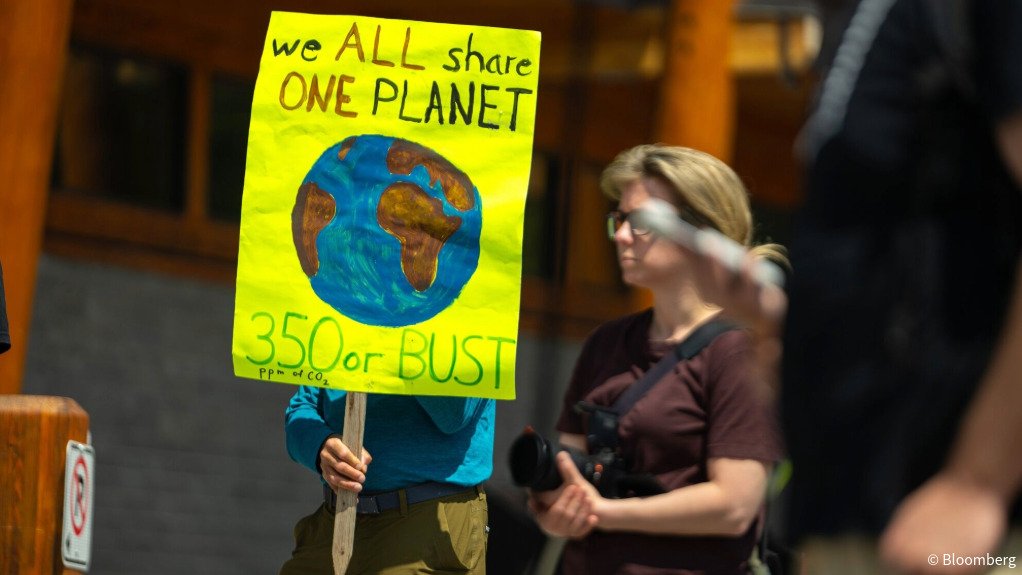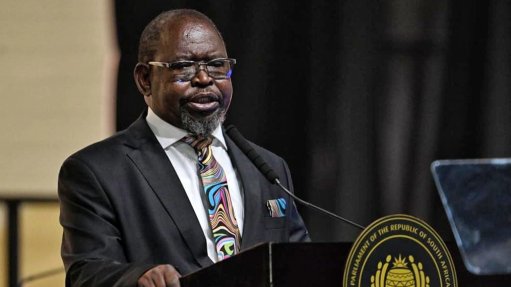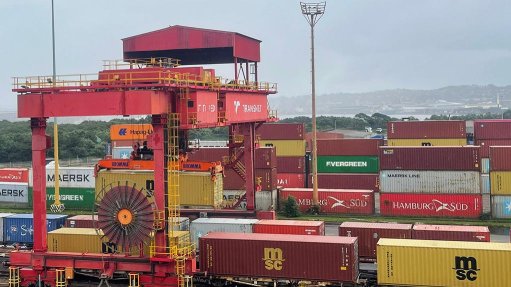Wars, Trump and climate malaise: Brazil braces for a tough COP30
As climate delegates walked into Bonn’s World Conference Center on the first Monday after the US attack on Iran’s nuclear sites, they were serenaded on loudspeaker by Doris Day’s “Que Sera Sera.” Whatever will be, will be.
It aptly summed up the mood of even the most veteran negotiators, who know that, with less than five months to go before United Nations climate talks in Brazil, keeping the world’s focus on the battle against global warming will be a herculean task.
US President Donald Trump is withdrawing the world’s largest historical emitter from the landmark Paris Agreement on climate change for a second time. The world is gripped by multiple conflicts, from Russia’s invasion of Ukraine to the conflict between Israel and Iran. Climate has slipped down the priority list and the multilateral foundation on which the Paris climate accord was built, is creaking.
This year’s summit, taking place in the Amazonian city of Belem, marks the 10-year anniversary of the UN talks in Paris, where countries committed to keeping global warming below 2 oC, and ideally below 1.5 oC. Yet the world now finds itself in a very different place.
“It is easy to succumb to the destruction and despair around us,” said Anne Rasmussen, lead negotiator for the Alliance of Small Island States. “It is imperative that we amplify to the world [how] very real this climate crisis is, even as we fall further and further behind.”
The two-week talks in Bonn gather thousands of climate technocrats, whose job it is to lay the foundation for a successful outcome at the main event of the year: the 30th UN-convened Conference of the Parties, or COP30. Unlike last year, which had a clear mandated goal — boosting climate finance — it’s still not clear what Brazil will need, or is aiming, to deliver.
For hosts, the uphill battle begins now. Before the summit, all 193 countries need to submit so-called Nationally Determined Contributions, NDCs, which detail how they plan to meet their share of the Paris Agreement goal. So far, less than 30 have done so and two of the biggest emitters — the European Union and China — are not among them.
Those plans will then be compiled and presented by November to show just how far off the world is from the 1.5 oC objective. Even the most optimistic experts expect there to still be a significant gap. Brazil is under pressure to lay out a plan to close it, yet it risks a fight between climate-ambitious countries and fossil fuel producers, like Saudi Arabia, that could derail negotiations.
“The big question is how Brazil will deal with the problem when we fall short on NDCs,” said Alden Meyer, a senior associate at think tank E3G and a veteran COP-watcher. “Are we gonna say, ‘Too bad, we lost the planet,’ and go home?”
Talks in Bonn got off to a rocky start. Brazil had asked countries not to table any additional agenda items in order to avoid the usual fight over what should be discussed, yet that didn’t stop one negotiating bloc known as the Like-Minded Developing Countries — including India and Saudi Arabia — from proposing discussions on finance and trade measures. This meant negotiations didn’t start until 30 hours after the scheduled time.
The complexity of the current geopolitical situation was laid bare early, when UN Secretary-General Antonio Guterres cancelled a speech he was due to make this week on climate action in order to deal with the fallout from the US strikes on Iran.
“We have military wars, we have trade wars. The attention of our political leaders has been devoted to other topics,” said Ana Toni, the chief executive officer of COP30, in an interview. “But we’ll also be able at COP30 to reinforce the multilateral system on climate that we need so much.”
Trump’s attendance at a NATO summit in the Netherlands also overshadowed negotiations in Bonn, as NATO leaders agreed to boost defense spending to 5% of GDP. The worry is that it will come at the expense of climate finance, just months after developed countries agreed to provide poorer nations with $300-billion by 2035. Brazil and Azerbaijan are due to present at COP30 a roadmap of how to further increase that figure to $1.3-trillion.
Much of the heavy lifting is expected to fall to multilateral development banks, like the IMF and the World Bank, but they were conspicuous by their absence in Bonn. According to Yalchin Rafiyev, Azerbaijan’s lead negotiator for their COP29 summit, out of almost 120 submissions for the finance roadmap, just two came from MDBs.
“Everything tells us that we should be prepared for a worst-case scenario,” Rafiyev said in an interview. “I hope that there is still room for us to pressure those who are expected to provide this finance to stick to their commitments.”
Yet the biggest elephant in the room was the superpower that wasn’t there. The US didn’t send a delegation to Bonn for the first time in decades, as it readies to leave the Paris Agreement early next year. Saudi Arabia took over its office space, a moment of symbolism that could define how COP30 unfolds.
Less than two years on from COP28 in Dubai, where countries made a historic commitment to transition away from fossil fuels, developed countries have now been left without a key ally in the fight for greater emissions cuts. This leaves traditional blockers of more progress, like India and Saudi Arabia, emboldened. Countries are waiting to see whether China will take on a climate leadership role. If it does, the next question will be who gets behind the world’s second biggest economy at the risk of angering Trump.
“Anyone who wants a trade deal with Trump can’t show up touting their climate credentials,” said Mohamed Adow, director of Power Shift Africa. “Is anyone willing to come out strongly with China?”
Article Enquiry
Email Article
Save Article
Feedback
To advertise email advertising@creamermedia.co.za or click here
Press Office
Announcements
What's On
Subscribe to improve your user experience...
Option 1 (equivalent of R125 a month):
Receive a weekly copy of Creamer Media's Engineering News & Mining Weekly magazine
(print copy for those in South Africa and e-magazine for those outside of South Africa)
Receive daily email newsletters
Access to full search results
Access archive of magazine back copies
Access to Projects in Progress
Access to ONE Research Report of your choice in PDF format
Option 2 (equivalent of R375 a month):
All benefits from Option 1
PLUS
Access to Creamer Media's Research Channel Africa for ALL Research Reports, in PDF format, on various industrial and mining sectors
including Electricity; Water; Energy Transition; Hydrogen; Roads, Rail and Ports; Coal; Gold; Platinum; Battery Metals; etc.
Already a subscriber?
Forgotten your password?
Receive weekly copy of Creamer Media's Engineering News & Mining Weekly magazine (print copy for those in South Africa and e-magazine for those outside of South Africa)
➕
Recieve daily email newsletters
➕
Access to full search results
➕
Access archive of magazine back copies
➕
Access to Projects in Progress
➕
Access to ONE Research Report of your choice in PDF format
RESEARCH CHANNEL AFRICA
R4500 (equivalent of R375 a month)
SUBSCRIBEAll benefits from Option 1
➕
Access to Creamer Media's Research Channel Africa for ALL Research Reports on various industrial and mining sectors, in PDF format, including on:
Electricity
➕
Water
➕
Energy Transition
➕
Hydrogen
➕
Roads, Rail and Ports
➕
Coal
➕
Gold
➕
Platinum
➕
Battery Metals
➕
etc.
Receive all benefits from Option 1 or Option 2 delivered to numerous people at your company
➕
Multiple User names and Passwords for simultaneous log-ins
➕
Intranet integration access to all in your organisation




















